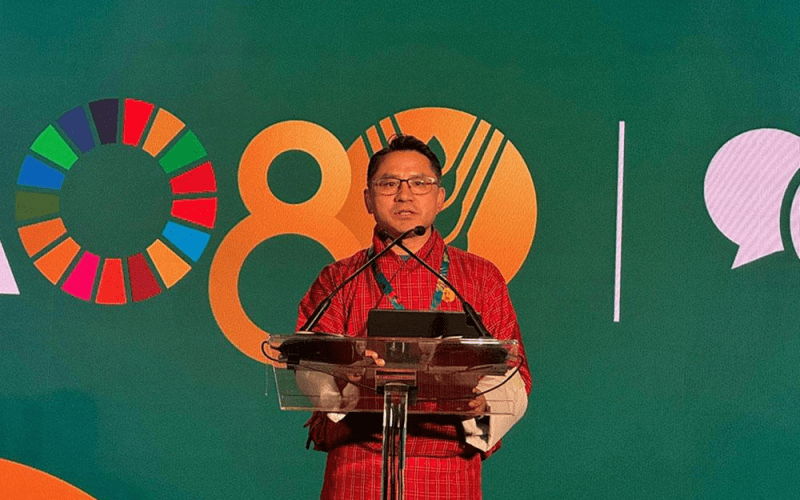Bhutan is embarking on an ambitious journey to transform its agricultural sector from food-deficit to food-exporting, with a strong emphasis on climate resilience and sustainability. The government’s new initiatives are designed to boost productivity, promote high-value crops, and strengthen food security while addressing the growing challenges of climate change.
At the heart of this transformation is the Climate-Smart Poultry Egg Production Initiative, which seeks $26.2 million in investment. The project aims to establish modern, climate-smart poultry farms across the country to reduce Bhutan’s dependence on imported eggs and ensure year-round domestic supply. Officials say the initiative will not only enhance nutritional security but also create employment opportunities in rural areas.
Another major focus area is organic Arabica coffee cultivation, where the government plans to invest $11.77 million over the next 20 years. The goal is to position Bhutanese coffee as a premium organic product for both domestic and international markets. Experts believe the country’s pristine environment and high-altitude terrain offer ideal conditions for producing distinctive, high-quality coffee that could compete globally.
To further diversify exports, Bhutan is also turning its attention to traditional crops. A proposed $3.63 million investment will support the expansion of buckwheat production, focusing on improved seeds, better irrigation systems, and modern processing facilities. Buckwheat, a staple in Bhutan’s highlands, is expected to gain new traction in export markets, particularly as global demand for gluten-free and health foods rises.
These projects are supported by international partnerships. Bhutan has secured funding from the Global Environment Facility (GEF) and the Food and Agriculture Organization (FAO), reinforcing its commitment to climate-smart agriculture. The government is also strengthening trade relations with Singapore and Bangladesh to expand its market reach for agricultural exports.
Through these combined efforts, Bhutan aims not only to feed its people sustainably but also to carve a niche in global markets for environmentally responsible, high-quality produce.








